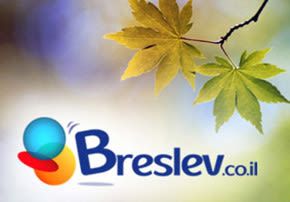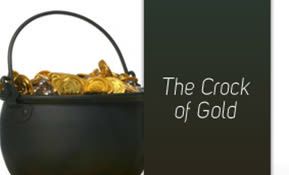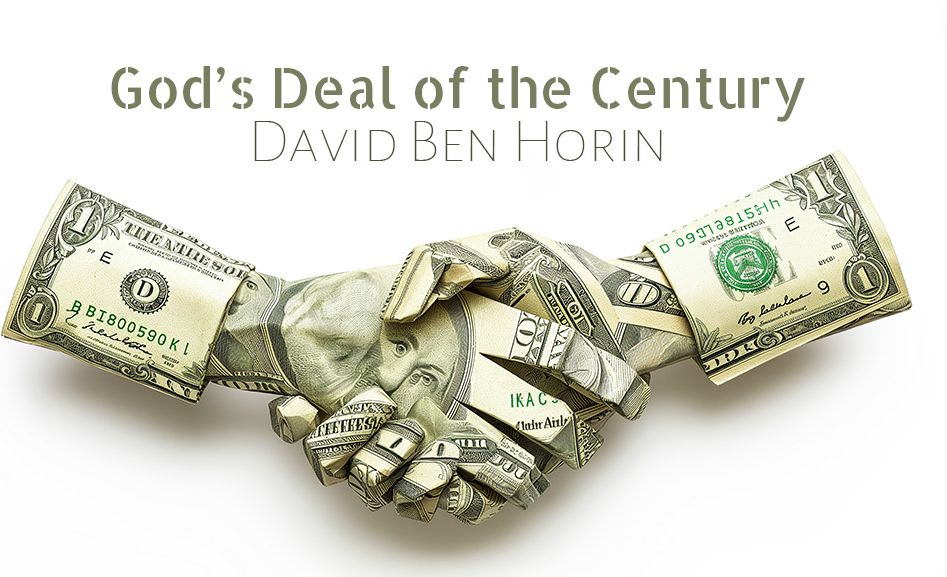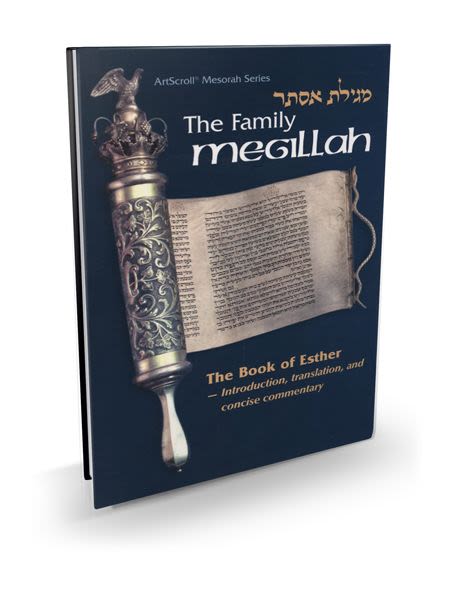
By the Sweat of your Brow
If the purpose of the soul's descent to the material world is to get to know Hashem, then why is it such a difficult task? Couldn't live be made easier?...

Livelihood
The quality of a person’s livelihood depends on his or her trust in Hashem. By way of emuna, one attains trust in Hashem. Consequently, concentrated efforts to reinforce emuna and trust in Hashem are capable of improving one’s livelihood.
Emuna teaches us that Hashem sustains all His creations, from the one-celled amoeba to magnificent galaxies. Our Sages say that He who gives life also gives livelihood. In other words, if one believes that Hashem is the life-giving Creator, one should also believe that the Creator sustains His creations.
Complete trust in Hashem includes the trust that livelihood is part of Hashem’s Divine Providence over every creation. Livelihood is the worry of the Creator, not of the individual creation; therefore, one who trusts in Hashem is relieved of worry about livelihood and free to concentrate on his or her specific task on earth with a clear mind. Such people know that Hashem will fulfill His tasks faithfully.
The distinct sign of trust in Hashem is when a person’s thoughts are not focused on money. Those who trust Hashem don’t worry about where their next meal is coming from. Even when money is tight, they know that their financial problems come from Hashem. Therefore, they don’t blame themselves or anyone else for their difficulties.
When experiencing a financial loss, whether it is a theft, a lost possession, or a breakdown, one should revert to the three principles of emuna, as follows:
1. Everything comes from Hashem, as does this particular loss. Not only does everything come from Hashem, but this is exactly what Hashem wants.2. This particular loss is for the best, as is everything else Hashem does.3. The loss is a message from Hashem to stimulate self-evaluation and soul-searching for something that needs to be corrected, because there are no tribulations without transgression.
People with emuna know that Hashem is the Provider; therefore, when they encounter financial difficulties, they react by putting their emuna to work, as in the above three-stage thought process based on the principles of emuna.
The best way in the world to compensate for deficiency is teshuva, namely, rectifying the misdeeds the caused the deficiency in the first place. With teshuva and prayer for Hashem’s compassion, a person can literally glide through financial difficulties. Even more so, one benefits from the spiritual glow that trust in Hashem illuminates in a person’s soul forever.
By the Sweat of Your Brow
On the other hand, those who lack trust in Hashem, Heaven forbid, attribute their financial difficulties to a long list of “villains”: Either they blame themselves or others, curse their bad fortune or bad luck, or go on witch-hunts after bad omens, evil eyes, and other nonsense. Sometimes, they lament that Hashem doesn’t love them or care about them, and harbor resentment toward Hashem. They think of a hundred different ploys to make money or to obtain what they want, including illegal means such as cheating on taxes or outright stealing. They do everything instead of what they should be doing – turning to Hashem and praying. They wrack their brains deciding whether to beg, borrow, or steal; they work overtime at the expense of health and family. They lack inner peace both in this world and in the next.
Without emuna, a person amplifies the curse of living by the sweat of his own brow (see Bereshit 3:19). Emuna is the blessing that overrides the curse.
Thou Shall Not Steal
The more a person lacks emuna, the more he or she is liable to contemplate illegal means of making money. Dishonesty and lack of emuna are notorious partners. But, with emuna, one understands that Hashem provides a livelihood within the framework of the Torah’s commandments. Any money that’s destined to reach a person does so permissibly and by honest means.
Remember this important spiritual rule: Money that one obtains by transgressing the Torah’s laws (lying, cheating, withholding a worker’s salary, fraud, and stealing, just to name a few) is not only cursed, but it also damages one’s “kosher” money, just like a rotten apple damages the good apples in the same basket. Dishonest money invokes a torrent of troubles and tribulations.
Trust
The best advice for solving income problems is to strengthen one’s trust in Hashem. A superb method to strengthen trust in Hashem is to learn the chapter entitled “The Gate of Trust” from the classic ethics book Duties of the Heart (Chovot HaLevavot) by Rabbenu Bachiya. The best way to learn is as follows:
1. Learn a small segment every day, no more than fifteen lines. Review this segment three additional times.2. The following day, learn the next fifteen-line segment, and review it three additional times.3. Once you finish the chapter in the above manner, repeat the entire process until you internalize the principles of trust in Hashem.
People who have taken advantage of the above advice have seen wondrous improvements in their livelihood. Prayer coupled with learning “The Gate of Trust” is a remarkable income enhancer.
Those who desire to solve their financial problems once and for all should perform a spiritual “root treatment” and not ask for money at all in their prayers; instead, they should ask Hashem for emuna and trust. Why?
When a person prays for money, the prayer serves as a temporary solution, like a patch on a torn pair of jeans. Prayers for money won’t solve a person’s core financial difficulties. Unless a person reinforces his or her trust in Hashem, once the current financial crisis blows over, a new one will pop up. But, by strengthening emuna and trust in Hashem, one’s income problems will be over! Hashem wants us to learn to trust Him. If we can trust Him on our own, He doesn’t need to prod us with financial tribulations.
With emuna and trust, one merits a pleasant and sufficient livelihood for life.
To be continued…











Tell us what you think!
Thank you for your comment!
It will be published after approval by the Editor.